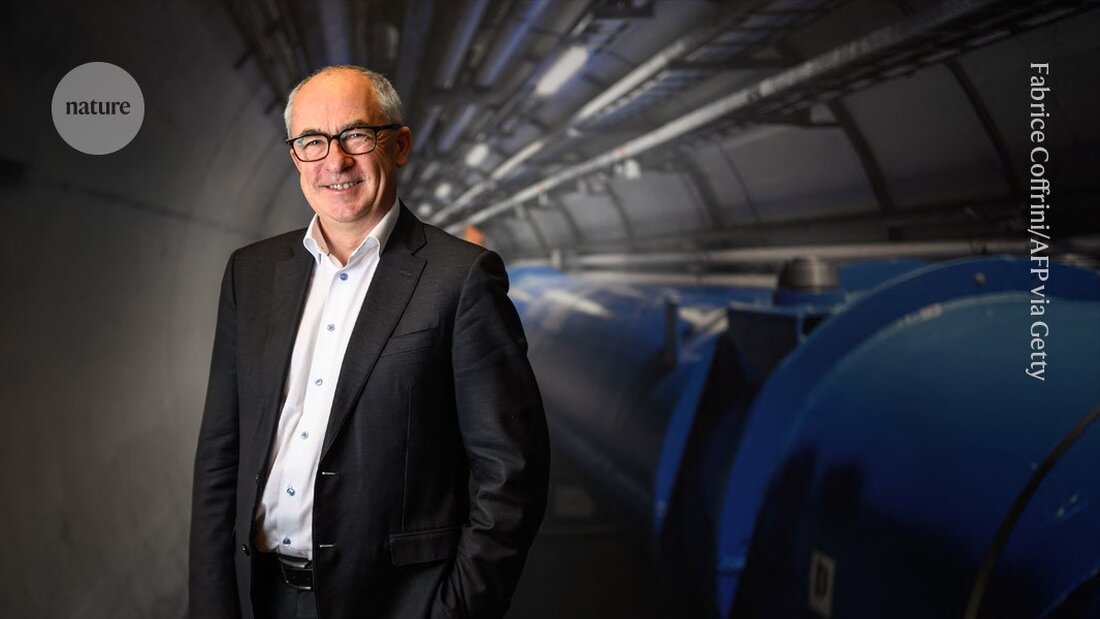New CERN boss promises progress on $17 billion supercollider
New CERN boss Mark Thomson plans to move forward with the $17 billion Future Circular Collider despite political challenges.

New CERN boss promises progress on $17 billion supercollider
British particle physicist Mark Thomson has been named as the new head of CERN, the European particle physics laboratory in Geneva, Switzerland.
As Director General of CERN, Thomson will face major challenges, including an uncertain political environment in the wake of the war in Ukraine, which has led the laboratory to to break off government relations with Russia. In addition, he will have a wavering agreement about the Future Circular Collider (FCC), a new 90 kilometer long tunnel that will be used for the laboratory's most important experiments until the end of the century. The German government, CERN's largest contributor, expressed skepticism about the project this year, and China could forestall CERN with a similar project.
Thomson is very familiar with CERN: he worked on an important experiment in the 1990s and helped discover the Higgs boson at the Large Hadron Collider (LHC) — the world's most powerful particle accelerator — in 2012, along with current Director General Fabiola Gianotti. He currently chairs the Science and Technology Facilities Council, a UK funding agency, and represents his country on the CERN Council, the body that oversees the laboratory on behalf of its member countries. Thomson will take up his role as chief executive at the end of 2025, when Gianotti's second consecutive five-year term ends.
In a press conference on November 7, both Gianotti and Thomson stressed the need for continuity and the importance of the ongoing €1.5 billion upgrade of the 27-kilometer-long LHC. Thomson also reiterated Gianotti's commitment to building the FCC: "I very much agree with the vision of the current DG," he told reporters.
Former CERN Council President Ursula Bassler is optimistic about Thomson's appointment. “He is someone who appreciates what the FCC can bring to CERN, but also understands the concerns of some people,” says Bassler, who is a particle physicist and scientific director at the French National Institute for Nuclear and Particle Physics in Paris. “I think he’s really going to act very transparently to come to a decision.”
Thomson will be the first British physicist to lead the organization since the 1990s. In addition to his work at the LHC, he was also co-responsible and spokesman for the Deep Underground Neutrino Experiment, which is currently being built in Illinois and South Dakota.

 Suche
Suche
 Mein Konto
Mein Konto
